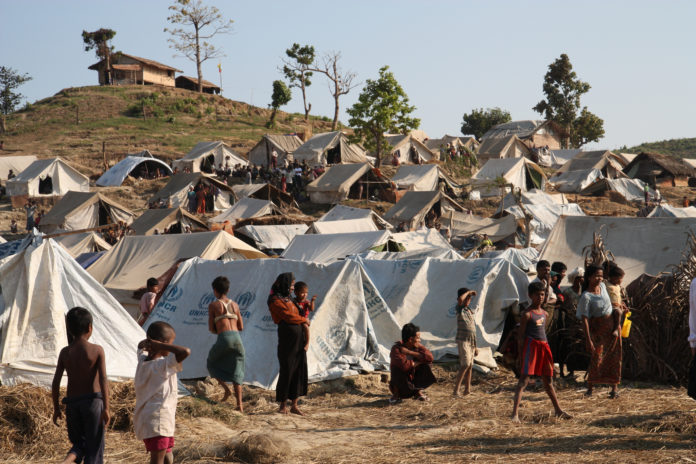According to a briefing paper of the Overseas Development Institute (ODI), “a significant degree of consensus concerning definitions and principles has been achieved in recent years”.
However, “the application of humanitarian principles has often been contested. Different actors have interpreted principles in different ways”. ODI’s paper states.
With the Good Humanitarian Donorship (GHD) intiative twenty-two donor governments as well as the UN and the European Commission, have agreed on the definition of humanitarian action:
Objectives and Definition of Humanitarian Action
The objectives of humanitarian action are to save lives, alleviate suffering and maintain human dignity during and in the aftermath of man-made crises and natural disasters, as well as to prevent and strengthen preparedness for the occurrence of such situations.
Humanitarian action should be guided by the humanitarian principles of humanity, meaning the centrality of saving human lives and alleviating suffering wherever it is found; impartiality, meaning the implementation of actions solely on the basis of need, without discrimination between or within affected populations; neutrality, meaning that humanitarian action must not favour any side in an armed conflict or other dispute where such action is carried out; and independence, meaning the autonomy of humanitarian objectives from the political, economic, military or other objectives that any actor may hold with regard to areas where humanitarian action is being implemented.
Humanitarian action includes the protection of civilians and those no longer taking part in hostilities, and the provision of food, water and sanitation, shelter, health services and other items of assistance, undertaken for the benefit of affected people and to facilitate the return to normal lives and livelihoods.
Credits: DFID Burma



